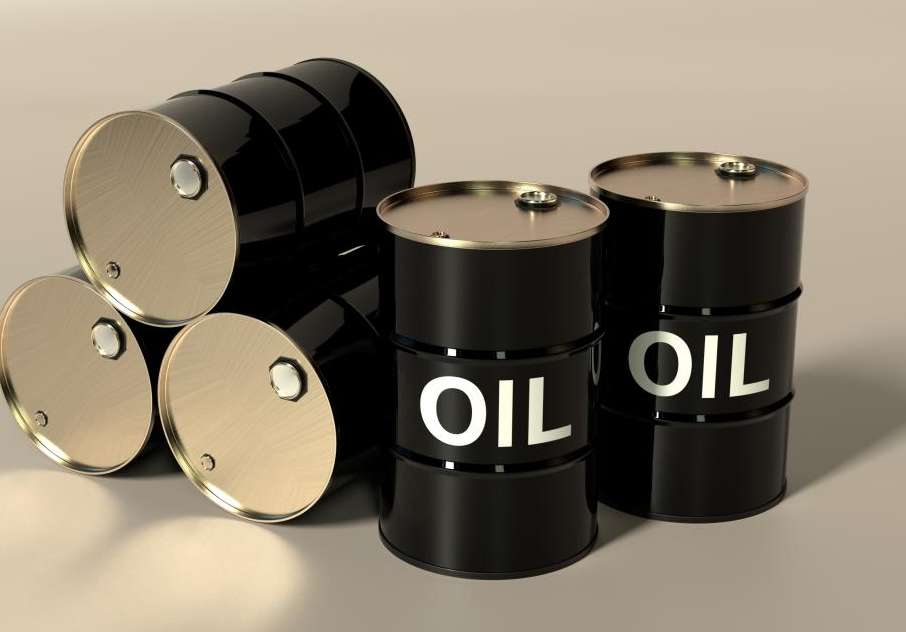In a significant shift, BP, one of the giants in the oil industry, recently reported a steep decline in its profits, largely attributed to a downturn in refining margins. This revelation has prompted the company to announce a substantial $1.75 billion stock buyback program, along with a vowed commitment to “fundamentally reset” its strategy. What does this entail for BP and the broader energy sector as it grapples with evolving market dynamics?
On a recent Tuesday, BP unveiled its financial results for the fourth quarter and the entirety of 2024, revealing a sharp drop in profits across the board. The data highlights that the company's earnings for the fourth quarter amounted to $1.169 billion, falling short of analysts' expectations of $1.3 billion and marking a staggering 61% year-over-year decrease. This figure represents BP's lowest earnings in the fourth quarter since 2020, underscoring the mounting challenges faced by the company in the current market environment.
Delving deeper into the financial specifics, BP's annual profits plummeted 35%, reaching $8.9 billion, which also fell below the consensus forecast of $9.21 billion from analysts. Such disappointing performance raises significant concerns as it lags behind other major oil companies, intensifying the pressure on BP to innovate and drive meaningful change within its operations.
The primary catalyst behind this decline appears to be poor performance in BP's refining sector. The company reported a loss of $302 million in its refining operations during the last quarter, driven by a distressing reduction in average refining margins to $13.1 per barrel, down from $18.5 per barrel the previous year. The grim outlook continues, with BP anticipating that refining margins will persist at these lowered levels into the first quarter of 2025.

Furthermore, BP's substantial trading division, which lacks transparency, has not helped to cushion the impact during this challenging market period. The challenge for the trading business is notable; it has seen inadequate contributions and failed to capitalize on market volatility to generate profit growth. Additionally, the natural gas trading performance remains mediocre at best, unable to offset the losses incurred from the refining operations. This suggests that BP might necessitate an overhaul in its trading unit’s risk management practices and market strategies.
In light of these developments, CEO Murray Auchincloss expressed a firm resolve to “fundamentally reset” the company's trajectory. Interestingly, BP has become a focal point for aggressive investors, such as Elliott Management, an activist hedge fund that has acquired stakes in the company, amplifying the urgency for the board to consider strategic reforms.
Despite the disappointing results, BP still pushed ahead with its plan for a $1.75 billion stock repurchase in the fourth quarter, while maintaining a dividend of $0.08 per ordinary share. This initiative is aimed at reassuring investors about the intrinsic value the company holds despite recent struggles. Nonetheless, BP has expressly stated it will undertake a comprehensive review of its financial guidance, including stock repurchase plans and capital expenditure expectations for 2025. Analysts at RBC Capital Markets, led by Biraj Borkhataria, anticipate that the scale of these buybacks may see a reduction following the first quarter, reflecting the company’s current financial predicament and the need for strategic readjustment. The reallocation of resources may now be approached with heightened caution, ensuring funds are directed towards core business areas with significant growth potential.
With regard to future projections, BP is adopting a vigilant stance. The company expects upstream production to see a year-over-year decline in the first quarter of 2025, primarily a result of its previously announced asset divestiture plans in Egypt and Trinidad and Tobago. These divestitures represent vital steps for BP to streamline its asset portfolio and concentrate on its core mission, but naturally, they exert immediate pressure on production levels. Furthermore, BP foresees prolonged periods of restrained refining and fuel margins, continuing current trends for the foreseeable future. Jefferies analyst Giacomo Romeo commented that “the outlook provided by the company today for 2025 appears somewhat negative, primarily due to the guidance on declining production.” This pessimistic outlook could considerably affect market confidence in BP, undoubtedly impacting its stock price and general market valuation.
Currently, BP stands under immense pressure to reverse a trend of underperformance that has persisted for several years. The upcoming Investor Day on February 26 will serve as a crucial platform for Auchincloss to outline his vision for BP. Market participants are keenly awaiting significant strategic shifts, especially concerning the reorientation of its low-carbon energy strategies, enhancement of cost controls, and elevation of oil and gas production. In the context of global energy transition, adjusting its low-carbon strategy is pivotal for BP’s long-term viability. Improving cost management will be essential to enhance operational efficiency and profitability, while boosting production in oil and gas is critical for stabilizing BP’s core revenue streams and ensuring robust cash flows. The efficacy of BP's proposed strategic reset could determine not only its sustainability and industry positioning but also have broader implications for the competitive landscape of the global energy market.

Post Comment